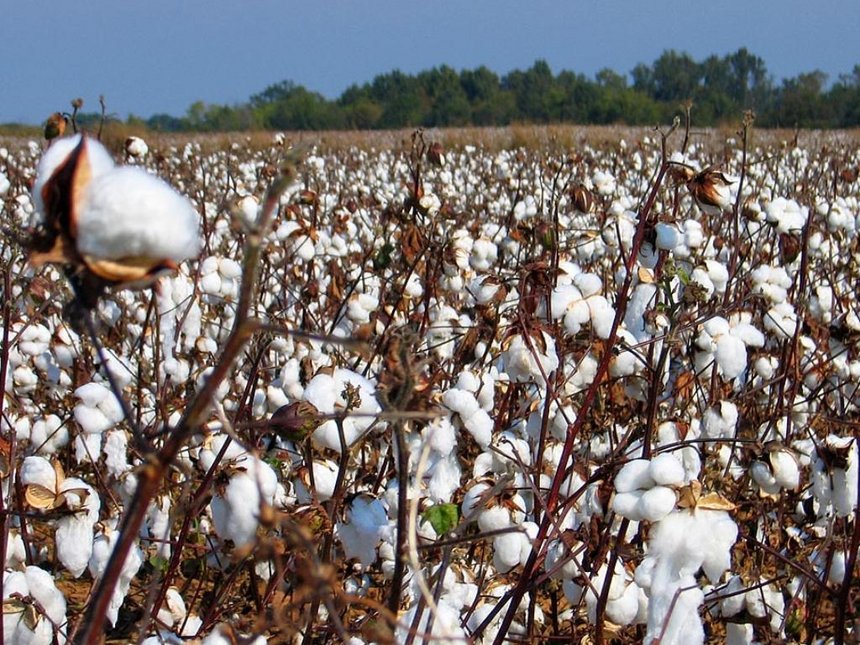Small scale farmers in Kenya will have access to pest resistant Genetically Modified cotton in the next rainy season beginning March 2019 following the development of the crop by the Kenya Agricultural and Livestock Research Organization.
“This type of cotton has been under research for 17 years and we been given a nod by the government to introduce it to farmers in the next planting season,” said Dr. Charles Waturu, a principal GM cotton researcher at KALRO.
“The cotton has been genetically enhanced with bt genes to protect it against African bollworm, a major pest that destroys cotton in Kenya.
National performance trials of the cotton is currently being done by the Kenya Plant Health Inspectorate Service (KEPHIS) in Alupe in Busia, Kerio Valley and Perkerra irrigation sites in the Rift Valley and Kibos in Kisumu.
According to data from the Fibre Crops Directorate under the Agriculture and Food Authority, farmers growing the crop have reduced by half from about 70,000 farmers in the 1980s to an average of 39,000 farmers currently.
This has led to drop in production from 70,000 bales per season to 28,000 bales. The textile industry in Kenya requires about 140,000 bales a year and this leaves it with a deficit of 112,000 bales which is curbed through imports from Uganda and Tanzania.
Related articles
Rivatex East Africa Limited revives cotton farming in Kericho County
Kisumu County renews plans to revive cotton farming to benefit farmers within Lake Victoria basin
Kenya looses on Bt cotton fortunes as peers rake millions

Cotton ready for harvesting in the farm. Courtesy
With the introduction of BT cotton however, this is set to change with more farmers encouraged to cultivate the crop to reduce the shortage and enhance the manufacturing sector.
In this, GM cotton is expected to increase the contribution of manufacturing to the Kenya’s Gross Domestic Product (GDP) from 9.2 to 20 per cent within the next four years.
Cotton is currently retailing at Sh46 per kilo meaning 90kg of the produce can earn farmers Sh4,140 which is higher than the price of maize which the government has set at Sh2,300 per 90kg bag, a reduction from last season’s Sh3,200.
















Comments powered by CComment